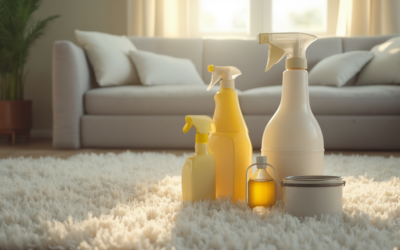The quality of the air we breathe indoors has never been more important, especially with the increasing amount of time we spend inside. This blog post explores 10 straightforward yet effective ways to enhance the air quality in your living or workspaces, ensuring a healthier indoor environment.
Key Takeaways
- HEPA filters significantly improve air by trapping harmful particles.
- Natural ventilation can reduce indoor pollutant levels by introducing fresh outdoor air.
- Indoor plants not only beautify spaces but also purify the air.
- Certain practical steps like using a dehumidifier help maintain optimal indoor humidity.
- Smoke and carbon monoxide detectors are crucial for indoor air safety.
Table of Contents
- The Importance of Indoor Air Quality
- Proven Strategies to Enhance Indoor Air Quality
- Advanced Tips for Maintaining Air Quality
- Conclusion
The Importance of Indoor Air Quality
Indoor air quality significantly affects health, comfort, and well-being. Environmental pollutants can accumulate to levels much higher indoors than outdoors, making effective air quality management essential.
Proven Strategies to Enhance Indoor Air Quality
Implementing the following strategies can dramatically improve the air you breathe indoors:
Use of Air Purifiers
Integrating air purifiers, especially those equipped with HEPA filters, can capture a significant amount of harmful particles and pollutants.
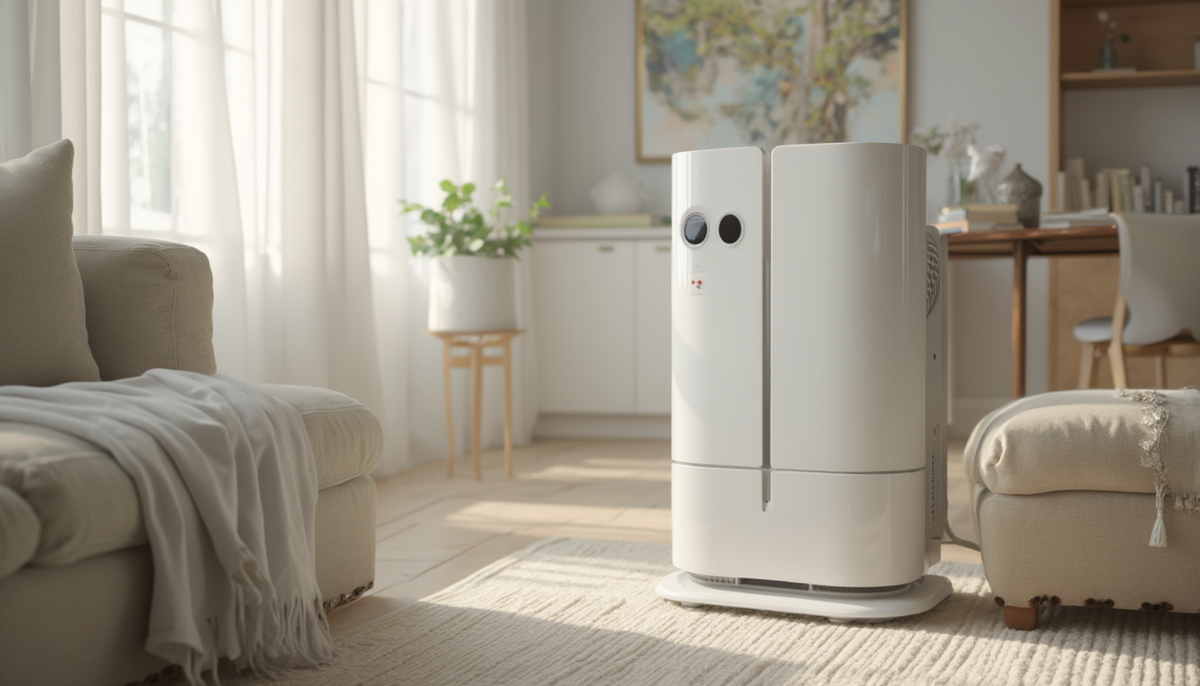
Maintaining Proper Ventilation
Regularly airing out your spaces through windows or ventilation systems ensures the dilution and removal of potentially toxic air pollutants.
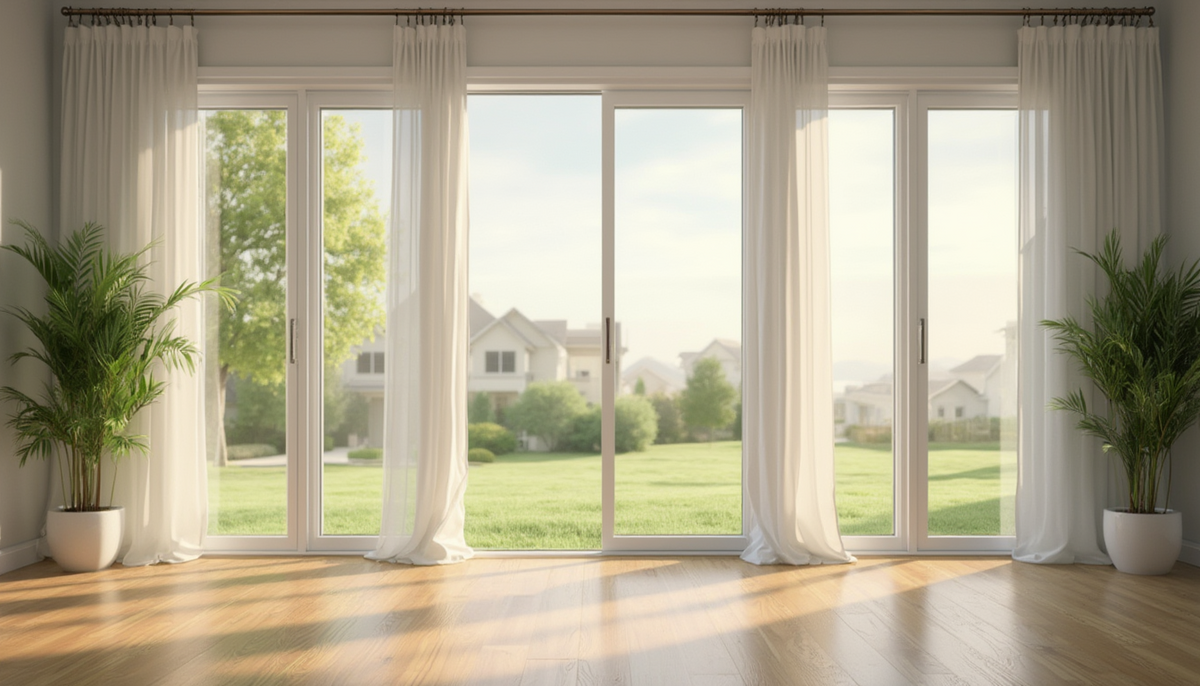
Keeping Indoor Plants
Certain plants are known for their ability to absorb harmful chemicals and release oxygen, improving indoor air quality naturally.
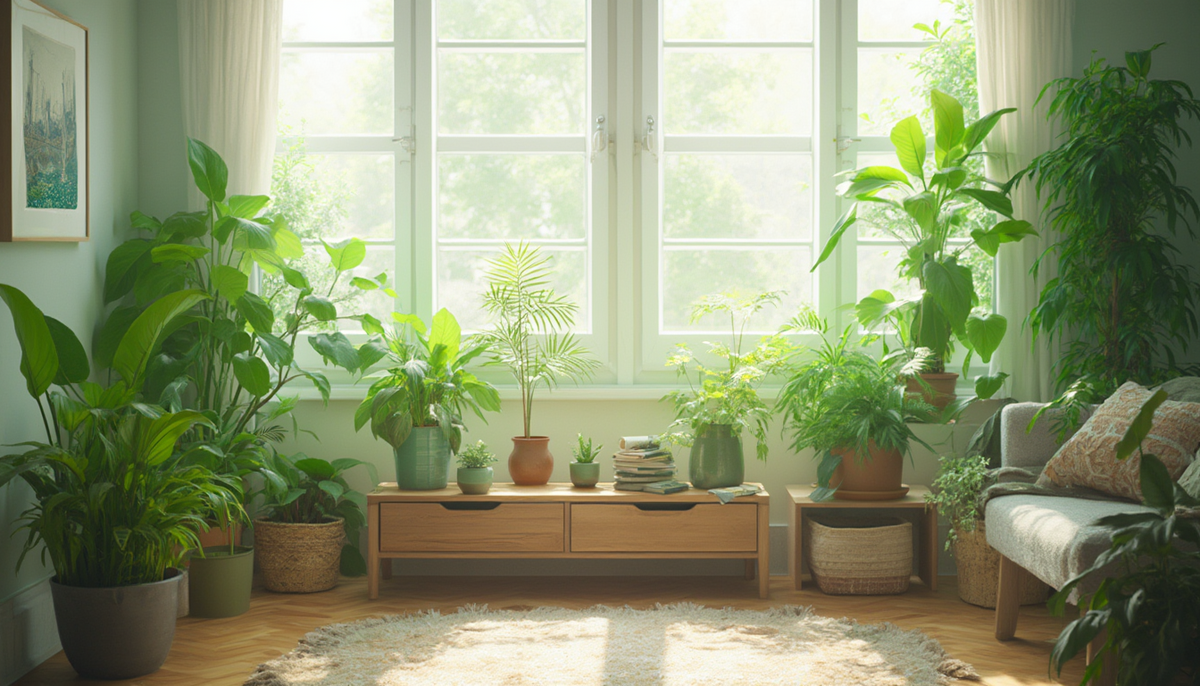
Using Dehumidifiers
Especially in damp areas, dehumidifiers can prevent the growth of mold and mildew by controlling the level of indoor humidity.
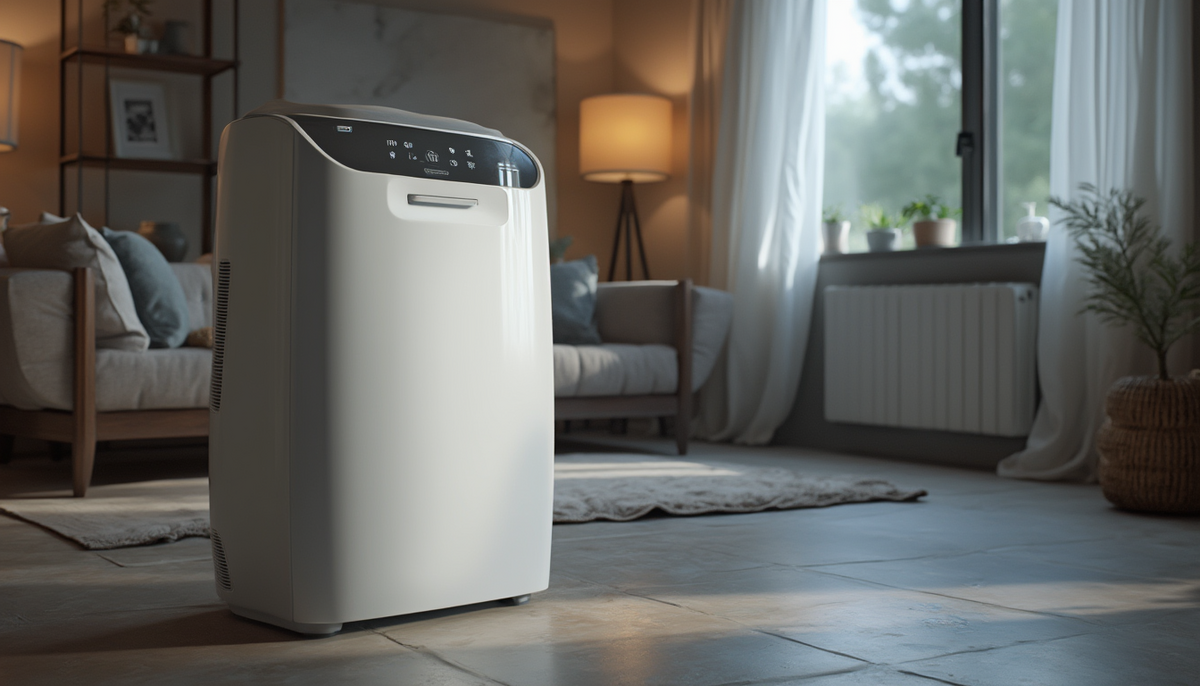
Ensuring Detection Systems Are in Place
Regular testing and maintenance of smoke and carbon monoxide detectors can alert you to increased pollutant levels immediately, protecting against potential health hazards.
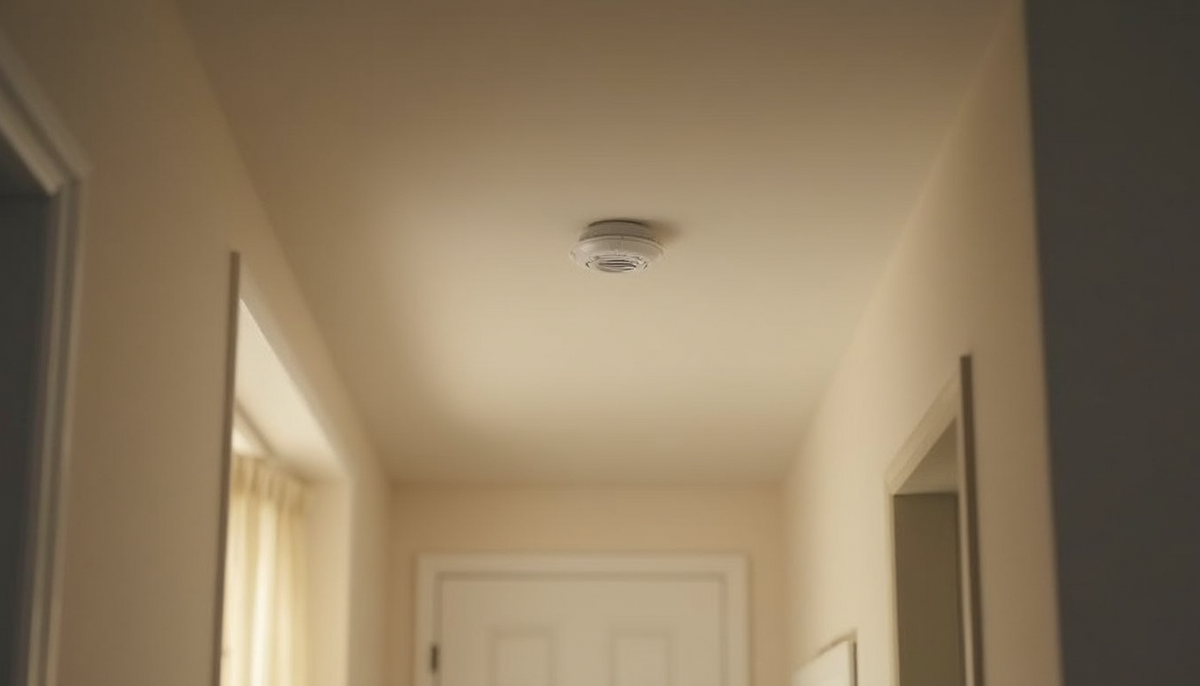
Advanced Tips for Maintaining Air Quality
In addition to the basic strategies, consider the following advanced tips:
- Avoid using chemical air fresheners and opt for natural alternatives.
- Regularly clean and replace filters in your HVAC system.
- Use cooking vents to reduce odors and remove cooking emissions.
Conclusion
Improving indoor air quality is an ongoing task that requires attention and action. By employing the strategies mentioned above, you can create and maintain a healthier indoor environment.
Learn more about air quality initiatives and how you can contribute by exploring our efforts in fighting air pollution or support Bhumi’s mission through our donation page.



